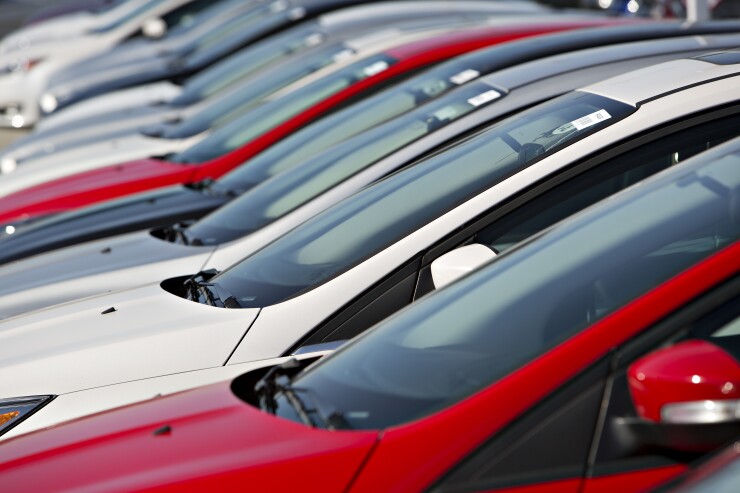The percentage of U.S. consumers who are late on their car loan payments has risen to its highest level in nearly eight years, according to new survey data from the American Bankers Association.
In the third quarter of last year, 2.43% of borrowers with indirect auto loans were at least 30 days overdue, according to the ABA data, which represented the highest delinquency rate since the fourth quarter of 2011.

Indirect auto loans are arranged for consumers by auto dealers, rather than directly through banks. Delinquency rates on those loans peaks at around 3.5% in 2009, fell to 1.45% in 2016, and have since been on the rise again.
“Indirect auto loan delinquencies have steadily increased as cars have become more expensive and some consumers have taken on longer loan terms,” ABA Chief Economist James Chessen said Tuesday in a press release. “Any bump in the financial road can create problems for people who may have stretched their budget to buy a car.”
The 30-day delinquency rate on direct auto loans climbed to 1.15% in the third quarter of 2019, according to the ABA data, a level that it reached only once in the previous eight years.
The ABA’s quarterly delinquency report, which is based on a nationwide survey of banks, showed mixed trends across various consumer asset classes.
The late-payment rate on credit card loans fell to 2.96% in the third quarter of last year, its lowest level in five quarters. But an index of eight closed-end loan categories had a 30-day delinquency rate of 2.03%, which was its highest level in seven years.
The latter trend was driven by higher delinquency rates in not only auto loans, but also personal loans, mobile home loans, recreational vehicle loans, marine loans and home equity loans.





